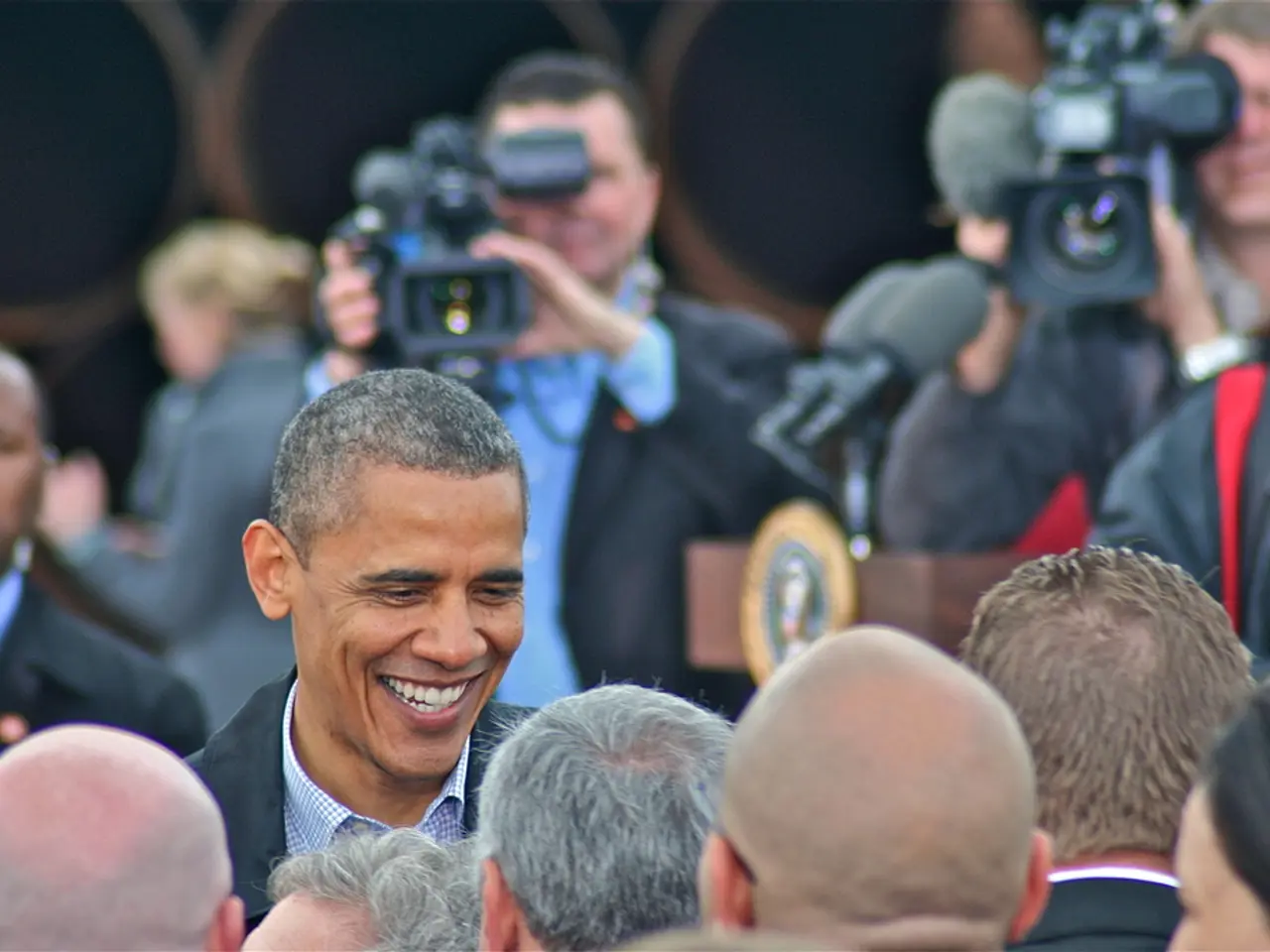Youtuber Resides in America at Risk of Imprisonment forAttempted Communication with Earth's Most Elusive Tribe
In the heart of the Indian Ocean lies North Sentinel Island, home to one of the world's most isolated communities - the Sentinelese people. Living in complete isolation, they have consistently rejected contact with outsiders, maintaining their unique way of life[1][2][3].
The Sentinelese's resistance to contact is deeply rooted in their long-standing hostility towards outsiders, a feeling intensified by early anthropological contact attempts in the 1960s[1][4]. This hostility escalated about 25 years ago when the Sentinelese actively resisted field visits[1].
There are several reasons behind their rejection of contact. Firstly, the Sentinelese fear health risks from foreign diseases, as they have no immunity to common infections brought by outsiders, posing catastrophic risks to their population[1]. Secondly, contact is feared to cause loss of their language, people, and traditional lifestyle[1].
The Indian government, respecting their wishes and the need to protect their way of life, enforces a policy of "isolation with minimal intervention"[1]. Legally, North Sentinel Island and its inhabitants are designated as protected, prohibiting any unauthorized approach or interaction with the tribe[1][4].
This legal protection serves to respect the Sentinelese’s autonomy and isolation, prevent disease transmission, and ensure their safety by restricting access under Indian laws that safeguard indigenous tribes[1][4]. Attempting to contact or intrude upon the Sentinelese is not only dangerous but also illegal under Indian law, carrying potential legal consequences, including prosecution.
Unfortunately, not everyone respects these boundaries. In 2020, Mykhailo Viktorovych Polyakov, a U.S. social media influencer, attempted to illegally interact with the Sentinelese[4]. He left a coconut and a can of cola on the island, but no contact was made during his visit[4]. Polyakov now faces possible jail time for his actions.
Historically, such attempts have not always ended peacefully. In 2018, John Allen Chau, a missionary from the U.S., was killed by the Sentinelese after illegally visiting North Sentinel island[5]. The Sentinelese have made it clear that they do not want contact, according to Survival International[6].
The Sentinelese live in either large communal huts or smaller temporary shelters, and their population is estimated at around 150[7]. They sustain their way of life by hunting, gathering, and fishing on outrigger canoe-like boats[1]. They make bows, arrows, and spears[8].
The Sentinelese are not alone in their isolation. The Onge people, who inhabit nearby Little Andaman Island, saw their population decline by 85% following the arrival of British colonists and Indian settlers[9]. The Great Andamanese peoples suffered even more drastic consequences: their population declined by 99% after forced contact[10].
These tragic histories serve as a reminder of the importance of respecting the Sentinelese's choice for isolation and the legal protections in place to ensure their survival. The Sentinelese remain one of the most isolated indigenous people in the world, and contact with outsiders could lead to the spread of devastating diseases within their communities. It is currently illegal to visit North Sentinel Island.
- Gizmodo reports that the Sentinelese, a group living in isolation on North Sentinel Island, have shown hostility towards outsiders due to fear of health risks from foreign diseases and a possible loss of their language, people, and traditional lifestyle.
- Science and technology researchers face challenges in understanding the Sentinelese culture due to the Indian government's policy of "isolation with minimal intervention", designed to protect their unique way of life.
- Crime and justice news outlets reported Mykhailo Viktorovych Polyakov's illegal attempt to interact with the Sentinelese in 2020, potentially leading to jail time for his actions.
- General news sources indicate that the governments of various countries, such as India, enforce strict legal protections around North Sentinel Island to maintain the health and safety of one of the world's most isolated communities and prevent potential catastrophes arising from contact with outsiders.




